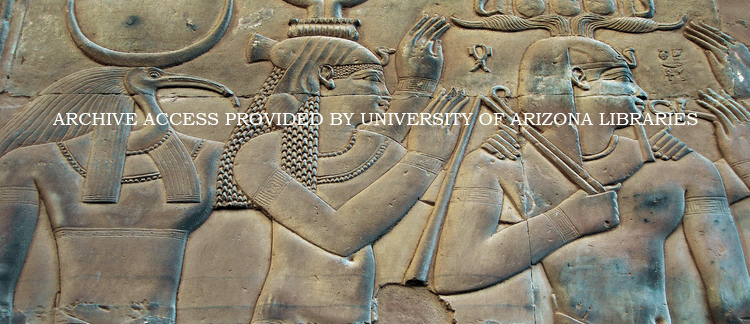Abstract
Since 2003 the Pyla-Koutsopetria Archaeological Project has systematically investigated a small region near the modern village of Pyla in southeastern Cyprus. Within this study region, the Hellenistic site of Pyla-Vigla is set atop a promontory of the same name, a toponym meaning "lookout." Dating to the late 4th and early 3rd centuries B.C., the site was founded and occupied during a turbulent period in Cypriot history, one that saw the transition from rule by local city kingdoms to outright foreign imperial domination. Pyla-Vigla represents a key strategic position for warring Hellenistic kingdoms with interests in Egypt and those seeking to achieve superiority in the eastern Mediterranean. Recent archaeological work by the Pyla-Koutsopetria Archaeological Project has shed light on the lives of those living at a Hellenistic fort in Cyprus. Documenting sites like Vigla provides a valuable perspective on day-to-day life in the armies that shaped the Hellenistic world.
How to Cite
Olson, B. R. & Caraher, W. & K., D., Pettegrew & Moore, R., (2013) “The Pyla-Koutsopetria Archaeological Project: A Preliminary Report of Excavations at Pyla-Viglia, a Fortified Settlement Dating to the Hellensitic Era”, Journal of Ancient Egyptian Interconnections 5(3), 74-82. doi: https://doi.org/10.2458/jaei.v5i3.17629
1097
Views
140
Downloads
